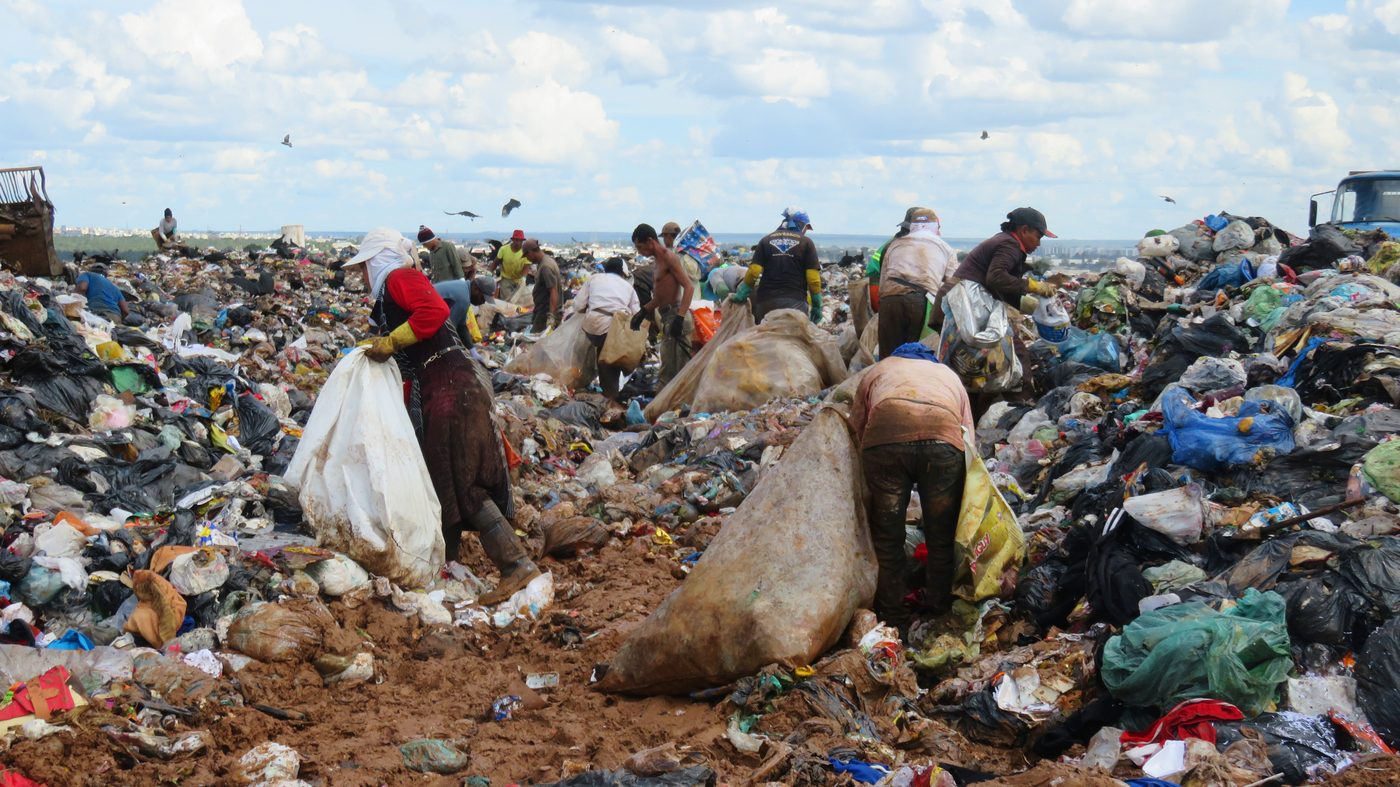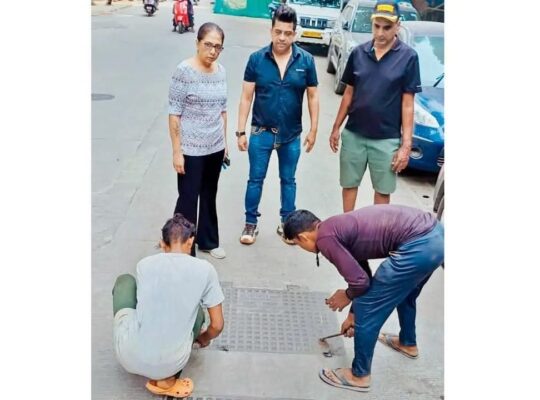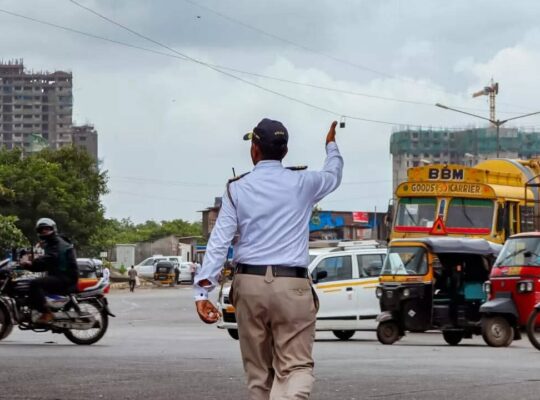Mumbai, June 23, 2025 — In a deeply disturbing incident that has left the city reeling, a 30-year-old man has been arrested for allegedly abandoning his elderly grandmother—who is battling advanced skin cancer—by dumping her in a municipal garbage pit in Aarey Colony.
The frail woman was reportedly carried to the site late Sunday night, where she was left among mounds of trash without food, water, or shelter. She was discovered the following morning by sanitation workers during their routine waste collection. Shocked by the sight, they immediately alerted the authorities. The woman, though seriously ill, was still alive and was rushed to a nearby hospital. Doctors have confirmed her condition is serious but stable.
The accused, believed to be her only caretaker, fled the scene after the incident but was later tracked down and detained by police. While an official motive has not been declared, preliminary inquiries suggest the act may have stemmed from financial stress or unresolved family disputes.
As horrifying as this case is, it reflects a deeper crisis within our society. It reveals not only a personal betrayal, but a glaring failure in the safety net meant to protect our elderly. India’s aging population is growing, and yet stories of neglect, abuse, and abandonment continue to surface—often in silence. Behind every reported case are likely dozens more that remain unseen, unheard, and unaddressed.
Public reaction to the Aarey incident has been swift and emotional. Community members have condemned the act as inhuman and barbaric. Social service organizations are now calling for urgent reforms to safeguard senior citizens—stronger legal action against neglect, improved access to healthcare, and community-based monitoring systems that can identify and respond to such vulnerabilities before it’s too late.
This is more than just a crime; it is a moral reckoning. If we, as a society, cannot provide dignity, safety, and compassion to those who once nurtured us, then we must question what kind of humanity we’re cultivating. The Aarey tragedy should not fade into a footnote. It must become a turning point—a catalyst for collective reflection and meaningful change.











